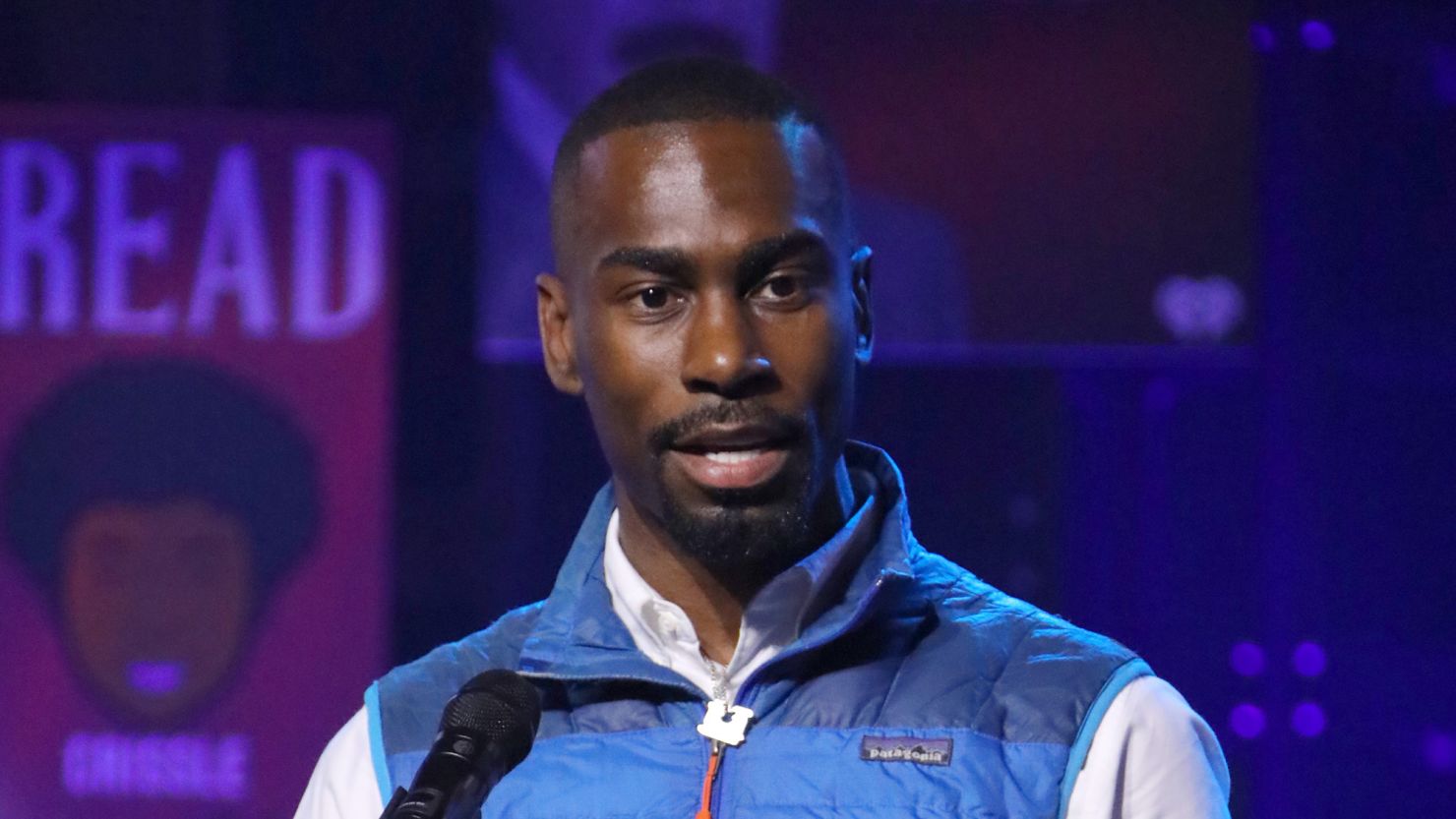
In Short
- The supreme court rejected an appeal by black lives matter activist deray mckesson, raising concerns about first amendment rights.
- Mckesson’s case will be reexamined by a lower court.
- Us circuit judge don willett criticized the majority’s position for potentially reducing first amendment protections.
- The legal dispute stems from a protest following the shooting death of alton sterling by police in baton rouge.
- The case highlights the complexity of balancing free speech rights with legal accountability.
TFD – Discover the legal implications of the Supreme Court’s rejection of a Black Lives Matter activist’s appeal, highlighting potential impacts on First Amendment rights and protest leader protections.
Black Lives Matter activist DeRay Mckesson filed an appeal, but the Supreme Court rejected it on Monday. This upheld a lower court’s ruling, which some worry may restrict Americans’ First Amendment rights to oppose the government and the police.
In the end, Mckesson’s case will be sent back to a lower court for additional examination.
Justice Sonia Sotomayor wrote separately, noting that lower courts would be able to consider a different First Amendment ruling from the court’s previous term that would be favorable to Mckesson, even though there were no notable dissents.
The 2016 shooting death of Alton Sterling, a Black resident, by police in Baton Rouge, prompted the protest that is at the center of this legal dispute. Since then, George Floyd’s death at the hands of Minneapolis police in 2020 has sparked protests in other locations around the country, some of which have turned violent.
Attorneys defending a policeman hurt at the Baton Rouge event maintained that Mckesson organized an illegal demonstration and that the violence was expected. The attorneys contended that if an organizer engages in “negligent, illegal, and dangerous” behavior, the First Amendment does not shield them from harm claims. The officer lost teeth when the object was thrown, his lawyers said, and suffered injuries to his “brain and head.”
Mckesson made extensive use of a significant 1982 Supreme Court ruling related to the Civil Rights Movement. A unanimous court in that instance reduced the culpability of protest organizers in like circumstances. The court overturned a 1966 Mississippi Supreme Court decision that noted black rights activist Charles Evers might be held accountable for damages incurred during a boycott of White businesses.
In response, the unidentified officer in the present instance argued that since the violence in Louisiana was “reasonably foreseeable” and the result of Mckesson’s “own negligent, and illegal activity,” precedent shouldn’t prevent the appeal.
The case has already been heard by the Supreme Court. The justices declined to address the First Amendment issues and instead referred the case back to appellate courts in 2020 in an unsigned judgment. Even once the legal issues were reexamined, Mckesson was still unsuccessful.
The US Court of Appeals for the 5th Circuit once more supported the officer—who goes by the pseudonym John Doe—last year.
The majority 5th Circuit judgment stated, “This case would be different if all Mckesson had done was organize a lawful protest, and if an unidentified protester had nonetheless assaulted Doe.” However, that is not what Doe claims occurred. Rather, Doe claims that Mckesson conducted the demonstration in a way that “were likely to incite lawless action” because of the way he planned and led it.
Writing in partial dissent, US Circuit Judge Don Willett said that the majority’s position would “reduce First Amendment protections for protest leaders to a phantasm, almost incapable of real-world effect.”
Conclusion
The Supreme Court’s decision not to hear an appeal from a Black Lives Matter activist has sparked discussions about the balance between free speech rights and legal responsibility. As the case returns to lower courts, the implications for protest leader protections remain a focal point of debate.
Connect with us for the Latest, Current, and Breaking News news updates and videos from thefoxdaily.com. The most recent news in the United States, around the world , in business, opinion, technology, politics, and sports, follow Thefoxdaily on X, Facebook, and Instagram .
